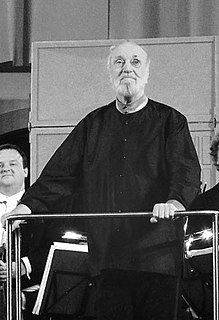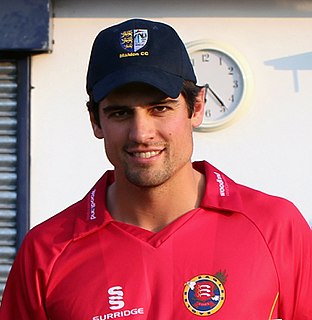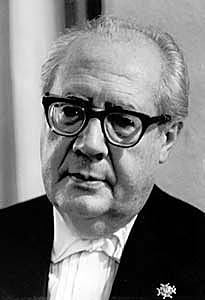A Quote by Kurt Masur
You have to change your mind with every orchestra because every orchestra has a different character.
Related Quotes
There is something about the live performance of an orchestra that makes it very different to a film. With a film, you can rewrite it in a way with the material you have, and in rehearsals, you're really trying out different things. In an orchestra, you can't do that. They separate as soon as the performance factor comes into play.
The brain is more than an assemblage of autonomous modules, each crucial for a specific mental function. Every one of these functionally specialized areas must interact with dozens or hundreds of others, their total integration creating something like a vastly complicated orchestra with thousands of instruments, an orchestra that conducts itself, with an ever-changing score and repertoire.
it's important as a composer to sit in silence and imagine these complex musical worlds in your head, but it's also a wonderful experience to touch your music and to hear it and hear it in the room with you and to say, you can't have an entire orchestra there, but you'd kind of like to have the orchestra there.


































